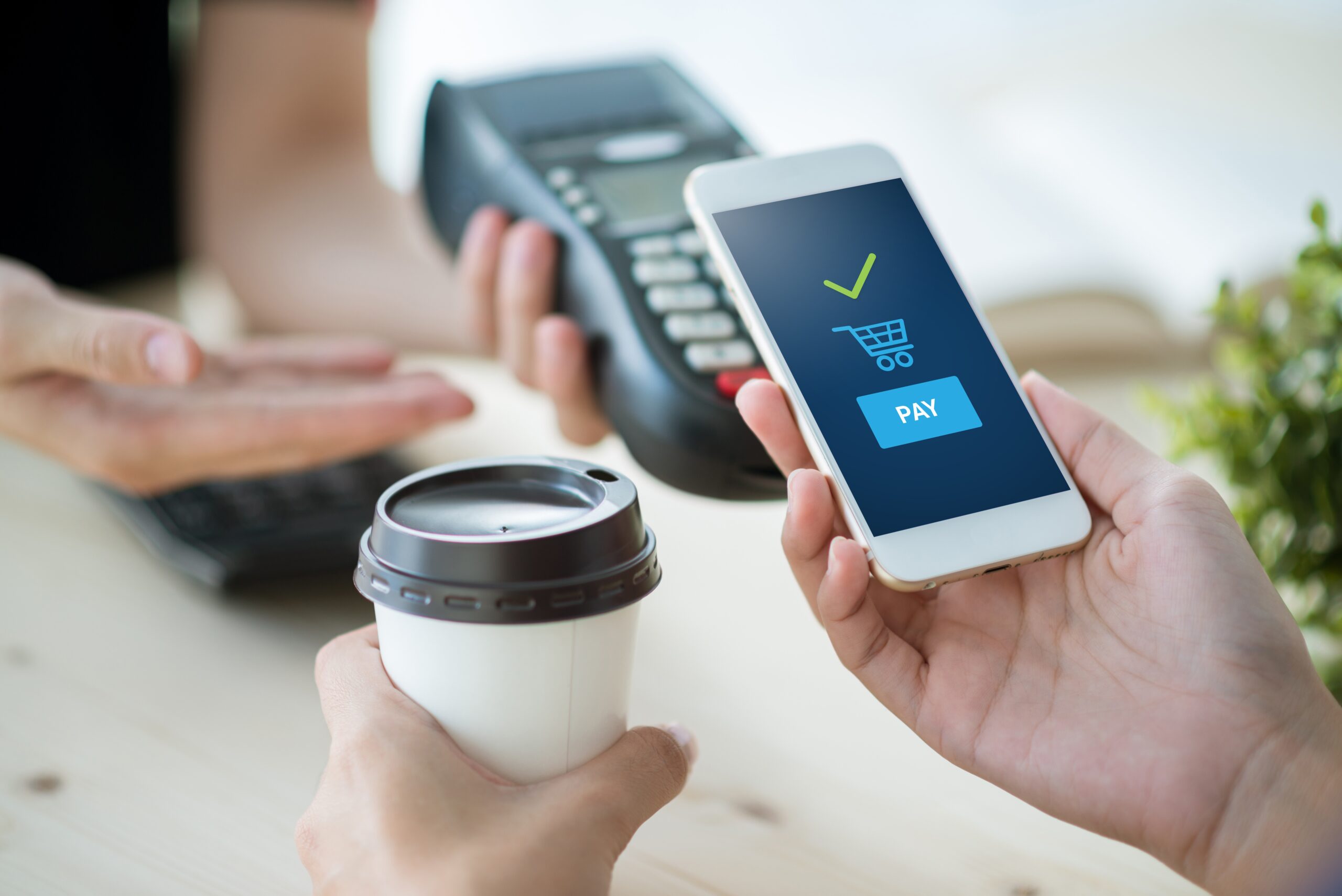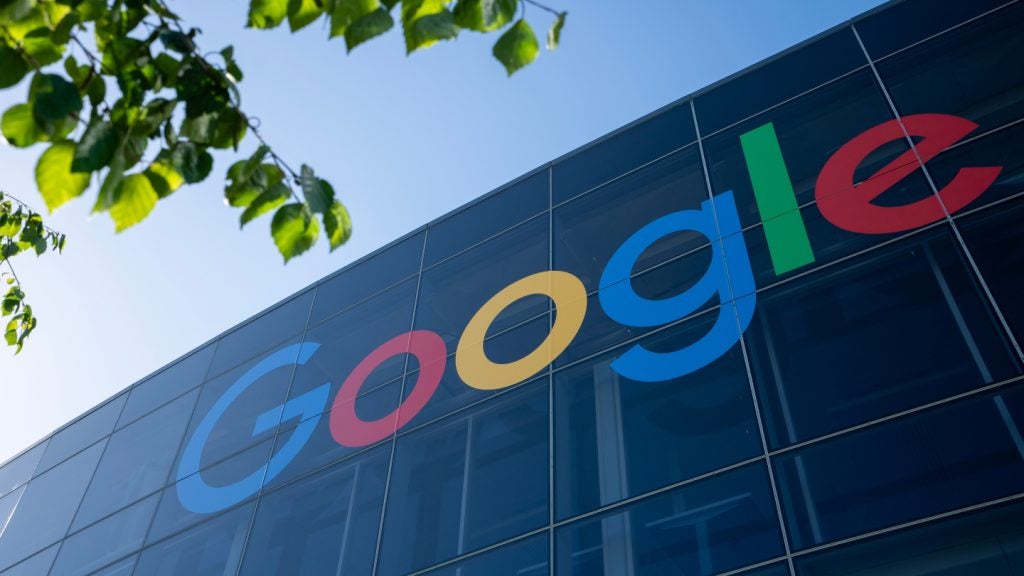Digital payments are witnessing a shift away from the traditional point of sale (POS) to mobile POS (mPOS) systems by changing the way electronic transactions are made, processed and accepted.
While the traditional POS systems have been highly successful for card payments, they come with their own set of challenges, especially in the form of bulky and fixed terminals.
Comparatively, mPOS is a portable POS system that can enable smartphones, tablet or any dedicated wireless device to perform the function of a cash register or electronic POS wireless. By choosing mPOS software, businesses can download POS app and connect their card reader to the mobile device, allowing them to start accepting payments directly on the go. The card readers can connect to smartphones or tablets via Bluetooth or through jack and uses the phone’s data connection to process credit and debit card payments.
mPOS deployments allow sales and service companies to carry out financial transactions with a high level of flexibility without being tethered to a single location. The deployment of mPOS systems in place of traditional POS systems enable businesses to provide better customer experience through simple and quicker payment processing, reduced wait times at the checkout points, and by offering multiple payment options.
The high level of convenience and portability offered by mPOS systems also serves to encourage impulse buying at stores. Increase in adoption of wireless technology, including smartphones, tablet PCs and other wearable devices and customer’s preference for cashless transactions are driving the growth of the mPOS terminal market.
In return, businesses are also witnessing an increase in sales transaction through card-based payments such as Mastercard, Visa, EuroPay, and RuPay over mPOS terminals. The trend is also expected to free-up valuable real estate for businesses that would otherwise be dedicated to a countertop POS.
How well do you really know your competitors?
Access the most comprehensive Company Profiles on the market, powered by GlobalData. Save hours of research. Gain competitive edge.

Thank you!
Your download email will arrive shortly
Not ready to buy yet? Download a free sample
We are confident about the unique quality of our Company Profiles. However, we want you to make the most beneficial decision for your business, so we offer a free sample that you can download by submitting the below form
By GlobalDataFuture of mobile payments
Given their portability and flexibility, mPOS systems are useful for mobile businesses such as food trucks, flea markets, home & repair services, market vendors, etc. enabling them to conduct credit/debit card transactions on the go. mPOS systems are also cost-effective for enabling small business owners to carry out transactions without the need to invest in an electronic register or pay to support the software.
The growing popularity of contactless payments and mobile wallets such as Apple Pay and Google Pay are driving vendors to further develop mPOS systems. Reducing cost of ownership, easy installation high level of security through the use of biometrics, and scalability is also driving increased demand for mPOS.
Government initiatives to encourage electronic payment system is additionally lending traction to mPOS market. For instance, in 2016, the demonetisation reform in India considerably increased card-based transactions over cash payments, thus creating a strong case for mPOS.
Today, various sectors such as retail, hospitality, healthcare, entertainment, restaurants, and financial institutions are witnessing an increase in the deployment of mPOS terminals. Moreover, the unprecedented growth in the number of players emerging in the retail and hospitality sectors are expected to keep mPOS installations in high demand.
Back in the day
Initially, mPOS was considered as a standard payment processing option, but these devices can now offer much more in terms of critical value addition to client-vendors. This could range from analytics, wireless communication support, to store management functions such as customer behaviour tracking and inventory control. Key mPOS players, such as Ingenico iZettle, Square, Intuit, Verifone, TouchBistro and Zebra among others, are focusing on encouraging technological innovation, making investments in the field of R&D, and actively pursuing mergers and acquisition targets for scaling up the growth. For instance, in June 2017, Verifone launched the standalone and portable Verifone solution built on its own Linux-based platform. Around the same time, TouchBistro collaborated with Square, for processing payment using Square on its iPad mobile app.
Challenges
Although the mPOS market is gaining significant momentum, there are still few impeding factors that need to be addressed. For instance, mPOS is also vulnerable to data-security breaches and cyber threats, which may limit its growth. mPOS may also not be reliable where wireless connectivity is poor.
However, it is expected that the integration of advanced solutions – such as radio frequency Identification, voice internet protocol, and biometric identification – will lead to better performance and a reduction in security threats, thereby driving the growth of mPOS.
In connection to this, Mastercard has been testing cards by combining chip technology with fingerprints for verifying customers’ identities and Visa is running a pilot project looking at card-based biometric function for contactless payments.








Related Company Profiles
Mastercard Inc
Visa Inc
Intuit Inc